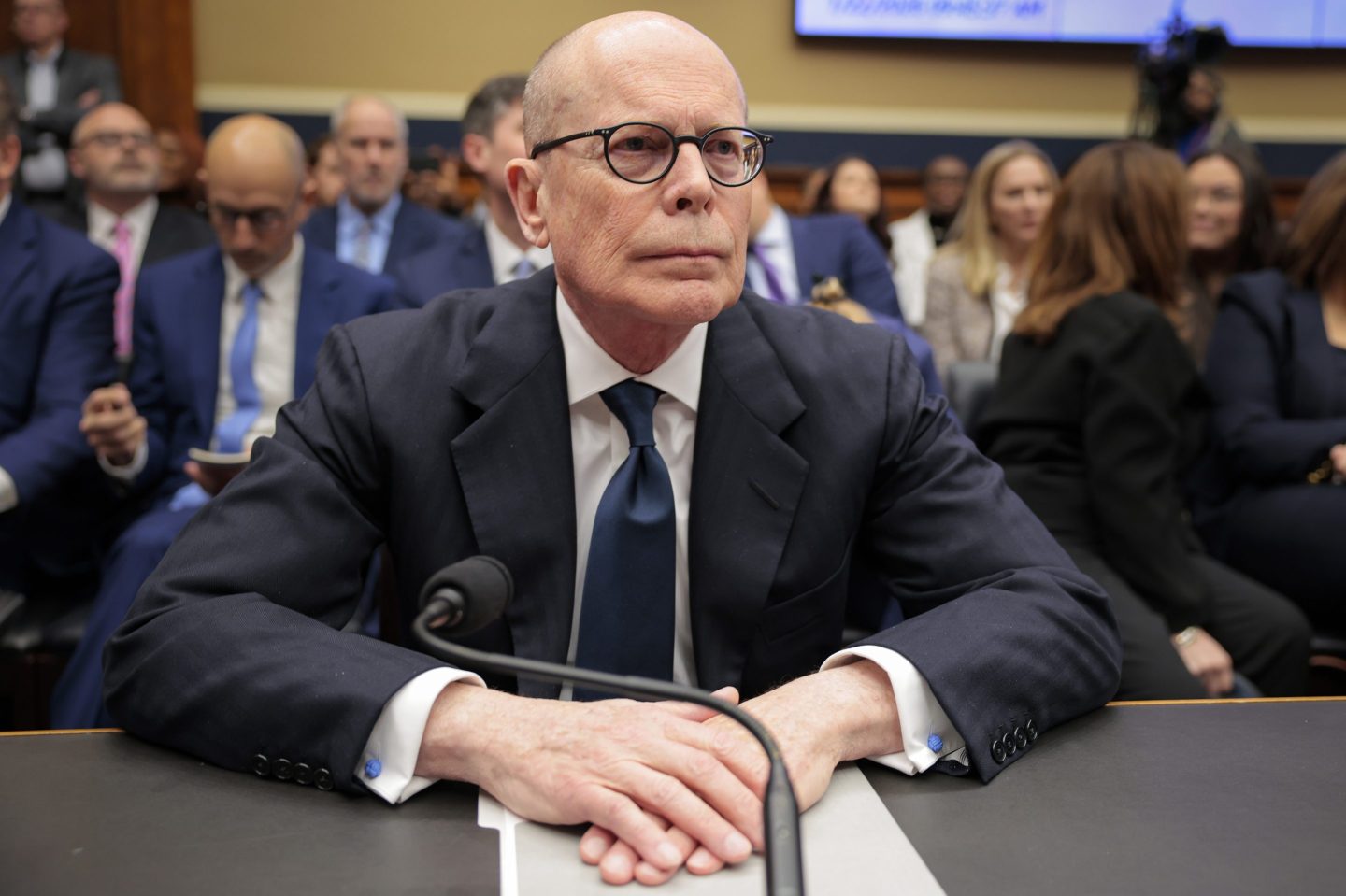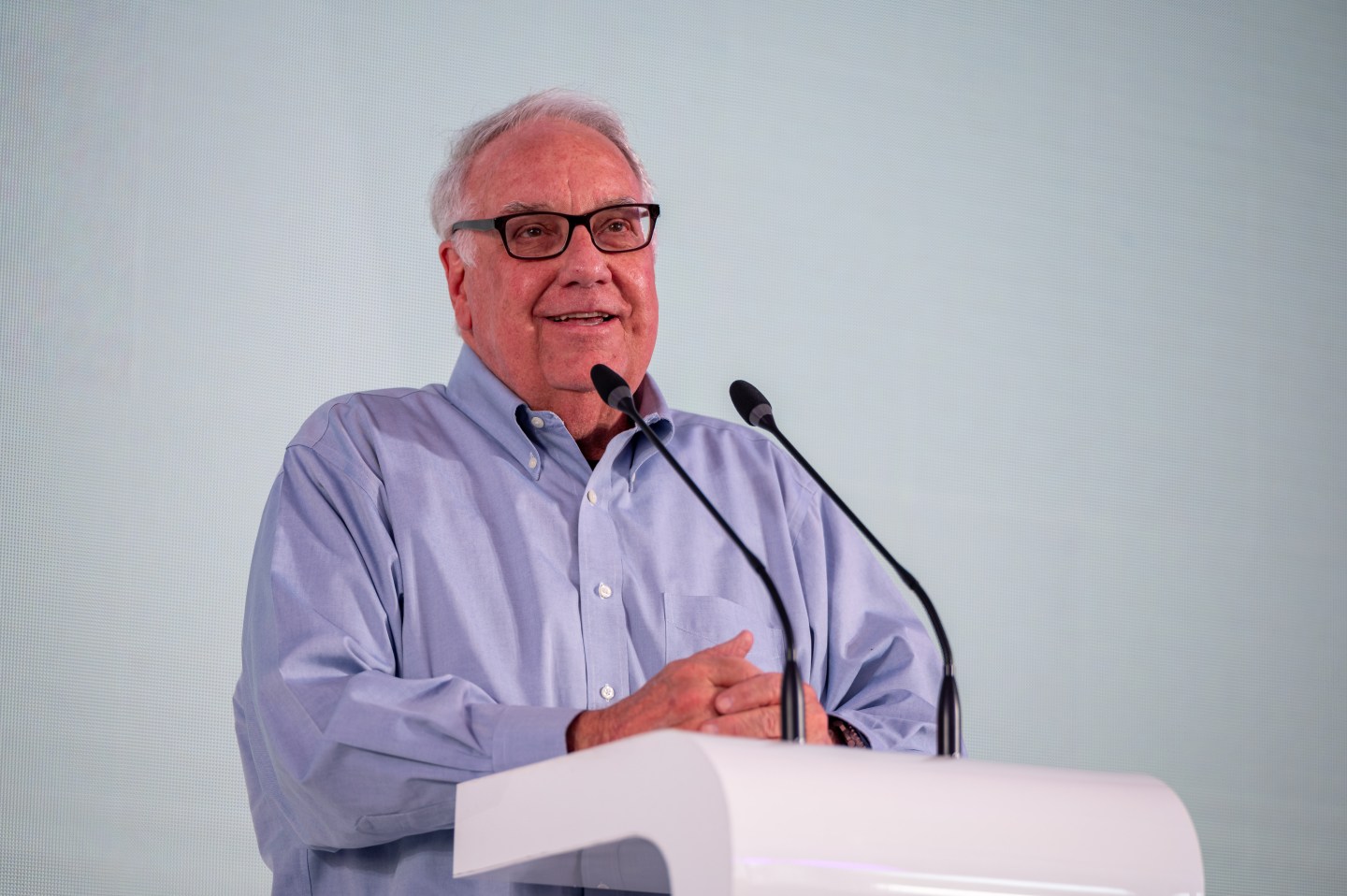
Mannheim Regional Court
FORTUNE — Apple (AAPL) is scheduled to appear in a German courtroom next Tuesday to defend itself against a patent infringement damages claim of 1.57 billion euros ($2.12 billion).
That wouldn’t be a record. The largest intellectual property damages award so far was the $2.15 billion Pfizer paid a couple competitors last year over a gastric reflux patent.
But this isn’t a suit between competitors. It was filed by IPCom, a so-called patent assertion entity that has amassed a portfolio of 1,200 patents and is aggressively trying to monetize them — either through license or litigation.
According to IPCom, the $2-billion patent relates to the way handsets are allowed to access networks of different mobile telecommunications providers. The technology can be used to give some users priority access to networks in emergencies, even if the networks are overloaded. The patent was awarded to Robert Bosch — a German automotive-parts company that helped pioneer car phones — and purchased by IPCom in 2007.
Apple, Nokia (NOK), HTC, Vodafone (VOD) and Ericsson (ERIC) have tried and failed to get the patent ruled invalid, and now IPCom has starting suing the companies in the famous Mannheim Regional Court — where more patent infringement suits have been adjudicated that in any other courthouse in the world.
In this case, Apple plays the victim of a patent troll. But Apple’s hands are no longer entirely clean. In the Eastern District of Texas court that is America’s answer to Mannheim, Apple is the leader of a consortium that has sued Google (GOOG) for violating some of the 6,000 patents that Apple — along with Microsoft (MSFT), RIM (BBRY), Ericsson and Sony (SNE) — picked up two years ago from bankrupt Nortel for $4.5 billion.
There’s one difference, however. The IPCom patents in the Mannheim case are so-called standards essential patents (SEPs), which must be licensed to competitors under terms that are fair, reasonable and non-discriminatory (FRAND). The Nortel patents in the Texas suit, as near as I can tell, are not.
FOSS Patents‘ Florian Mueller has an English translation of the Mannheim court’s press release.











